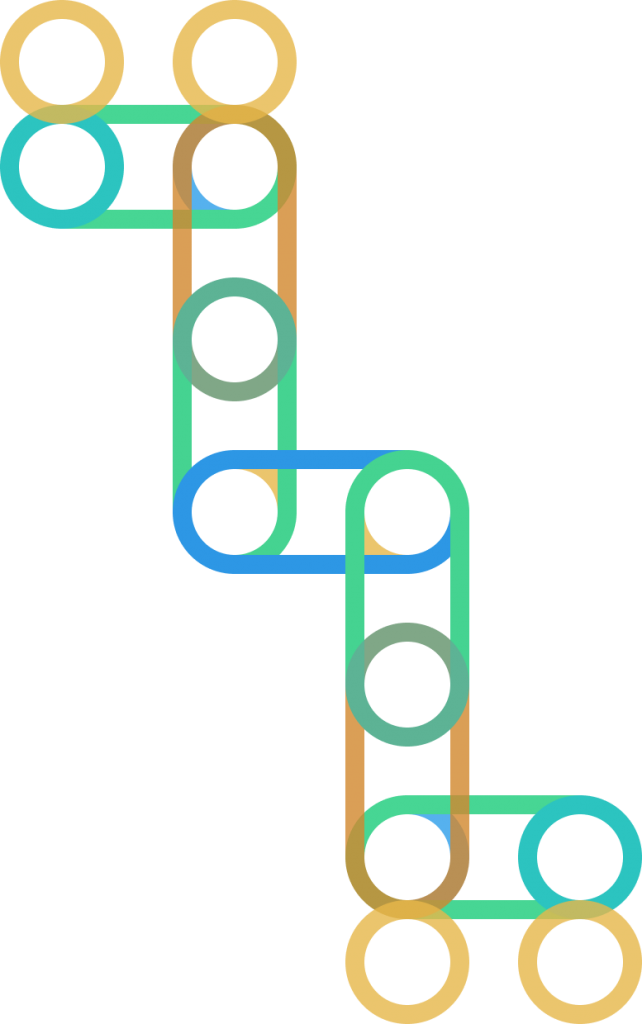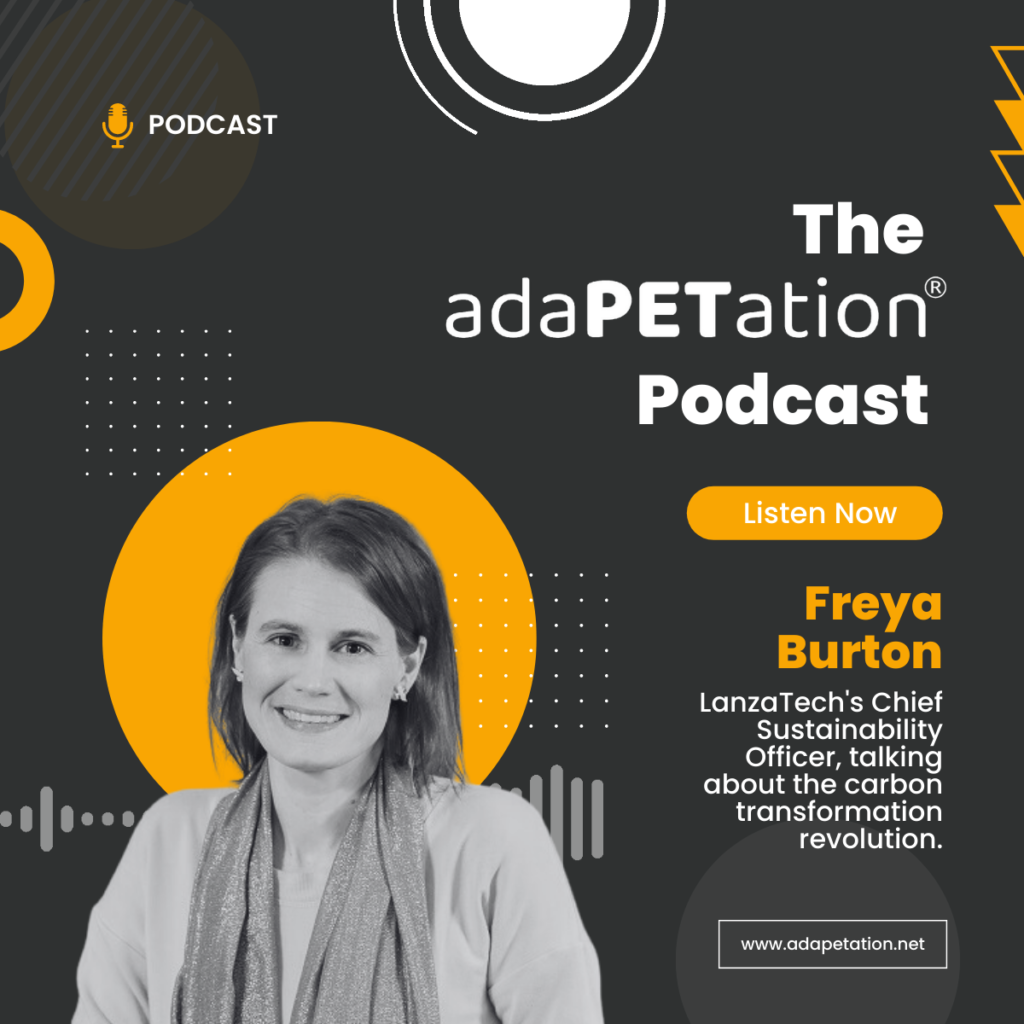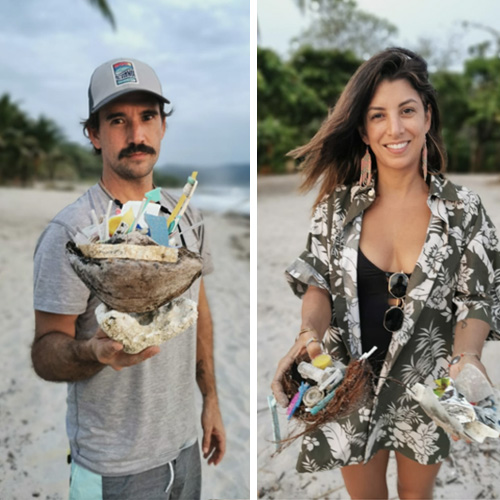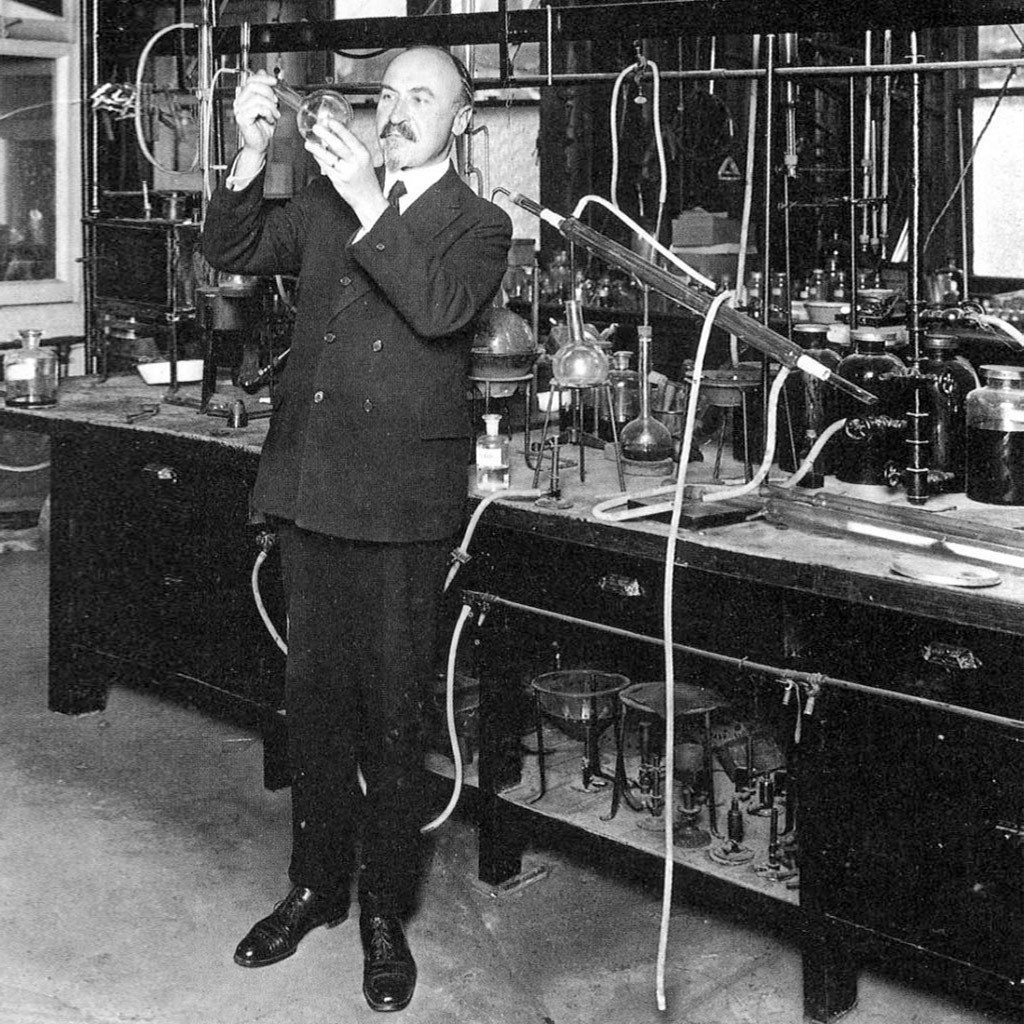
LanzaTech transforms waste CO2 from Chinese steel mills into eco-friendly PET plastic through fermentation. Its carbon capture tech fosters circular systems, promising a key solution to global environmental challenges.

Plastic and in particular PET has become an ubiquitous material in today’s society, but the environmental impact of its production and recycling has become an increasingly urgent issue.
Enter LanzaTech, a carbon transformation company that is leading the way in creating sustainable solutions for the production of fossil free fuels, chemicals, consumer goods and net zero plastic.
According to Freya Burton, LanzaTech’s Chief Sustainability Officer, the company’s mission is to find new pathways to make everyday products without using fossil resources that have been extracted from the ground.
Instead, LanzaTech’s platform takes waste carbon and converts it into new materials through a process of fermentation using a bacteria that consumes carbon in gases. “We call ourselves a carbon transformation company and essentially it was started to find new pathways to make the things that we use everyday fuels and chemicals and chemicals that go into consumer goods, but not from fossil resources that were extracted from the ground,” Burton explains.
LanzaTech’s technology has enabled scaling around the world to take pollution from various industries and make products. “We’ve developed a platform that can take waste carbon and convert it into new materials. And we do this through a process of fermentation,” Burton elaborates.
Nesting Different Systems with One Solution
LanzaTech’s impact goes beyond just reducing carbon emissions. Burton explains that the company’s approach is based on industrial symbiosis, where different industries work together to repurpose waste as a resource.
It’s an approach that resonates with packaging companies and consumer brands that are beginning to understand the importance of nested systems in tackling multiple problems at the same time.
Regenerative thinking requires us to look at nesting systems within others to ensure that we restore overall balance. To be truly healthy, each system needs to aim to be reciprocal to the others.
Plastipak Packaging is one of the companies that has partnered with LanzaTech to create sustainable solutions. By using LanzaTech’s product, MEG, Plastipak is able to avoid using fossil resources and reduce the environmental impact of its plastic production.
“Our goal is to replace all the ingredients in MEG. So the other component PTA today comes from fossil inputs. But if we get to a point where we can also replace that, we’re looking at even greater benefits overall,” Burton adds.
The approach not only reduces emissions but also creates new circular systems that can benefit multiple industries. “When you’re recycling carbon in this way, there’s more than just the carbon story. We really need to take that same approach when we look at sustainability and environmental benefits,” Burton highlights.
When asked about the challenges facing LanzaTech, Burton notes that financing and price are always a concern for new companies trying to scale new technology in a bid to play their part in the waste reduction and greenhouse gas reduction measures currently being negotiated as part of a Global Plastics Treaty.
Carbon Capture Contradictions
Burton highlights the policy challenges facing the widespread rollout of LanzaTech’s low carbon plastic, due to a lack of acceptance of the carbon capture and utilization (CCU) technology.
For example, recently in the Biden Administration’s groundbreaking Inflation Reduction Act, CCU did not receive the same tax credits and incentives as carbon capture and sequestration (CCS)
“I’d say the Inflation Reduction Act is really leading the way,” she says, “It’s creating a much better environment for these types of approaches than many other places in the world. Unfortunately it gives more money to CCS over CCU. There’s still money for CCU so it’s actually really good but In Europe it’s a different story.
“There it’s really heavily focused on carbon capture and sequestration, even though there’s a lot of talk about circularity and the bioeconomy and recycling. We really see this as a type of recycling but it does feel like certain jurisdictions are shooting themselves in the foot because they’re creating systems where they’re not going to meet their targets,” she says.
This lack of support for CCU is preventing large-scale uptake of carbon transformation technologies. “A big challenge is that it really feels like policy today is preventing large scale uptake of carbon capture and utilization technologies,” she says.
Another example Burton says is there’s a revision to the packaging directives and they are looking at how much more recycled material and products need to be included.
“From our discussions with brands, they’re really concerned because there isn’t enough mechanical recycling infrastructure to provide the recycled materials and recycled carbon can’t be included as a recycled material and so they’re kind of stuck because there’s not enough mechanically recycled PET and they can’t include recycled carbon as it might not count towards other quotas.”
Despite these challenges, LanzaTech remains focused on finding sustainable solutions for the production of everyday products.
“Reputationally brands really do see the problem,” she says. “If you are a brand making drinks or food and that gets washed up on a beach that is a big reputational risk, more so now than ever so I think there’s there’s reason to be hopeful because there’s a lot more push both from the consumer and brand commitments on what they want to do to meet their environmental targets” Burton says.
LanzaTech’s carbon transformation technology is a promising solution for reducing emissions and repurposing waste as a resource. As the company continues to scale and expand its partnerships, it and other rival companies in the same space will play a vital role in solving one of the most complicated problems we face as a species.
If you like this content and would like to help close the loop on plastic waste then join the adaPETation® Network by clicking on the button below
Share it
THE HISTORY OF PLASTIC
Throughout the history of plastic, PET has been crucial in keeping food fresh with lightweight and durable packaging solutions that have helped reduce food waste for almost a century. Learn all about the invention of plastic and the important role it has played feeding people and saving the lives of humans and elephants in the adaPETation® timeline of the history of plastic.





